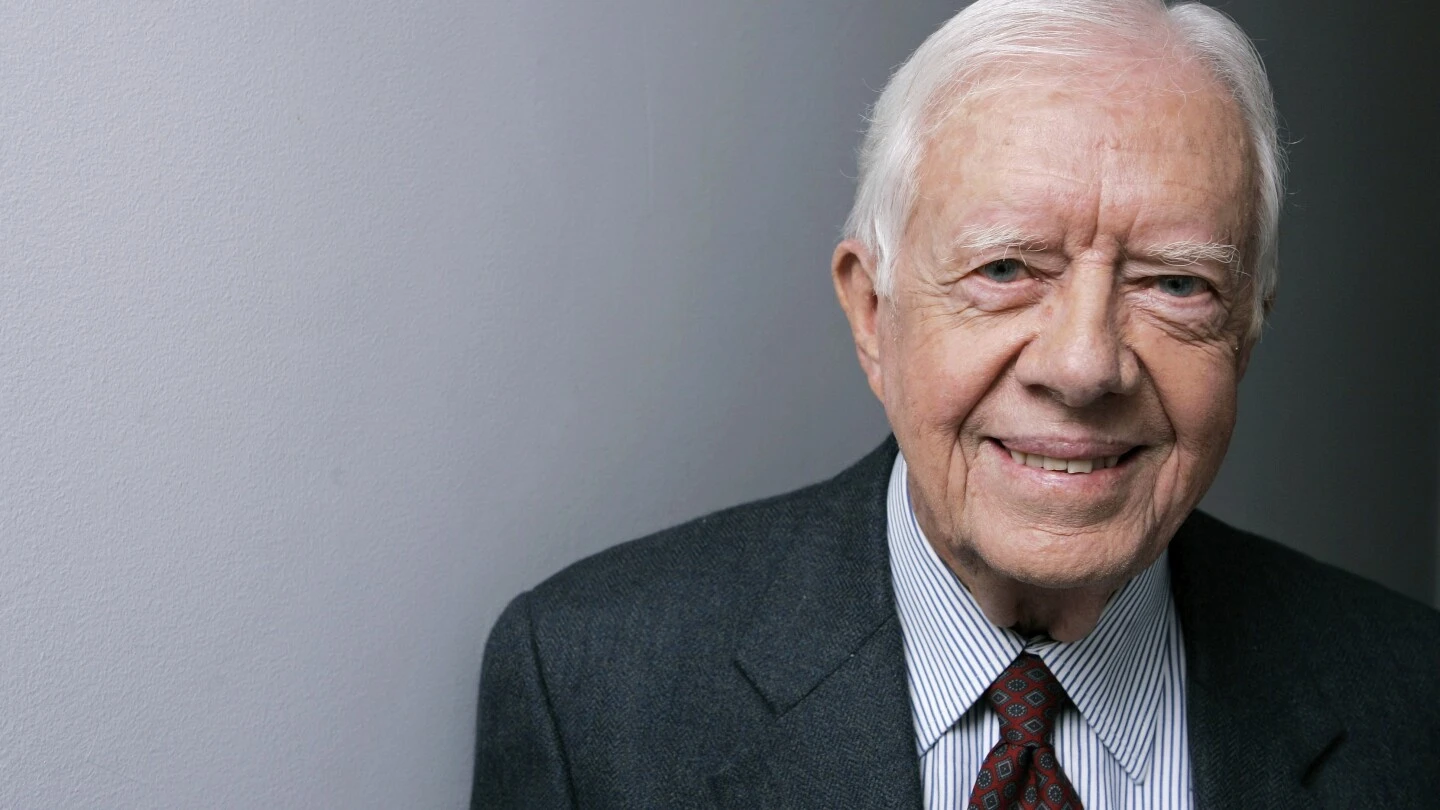Jimmy Carter, the 39th US president, has died at 100
Jimmy Carter, the 39th US president, has died at 100

Jimmy Carter, the 39th US president, has died at 100

Jimmy Carter, the 39th US president, has died at 100

Jimmy Carter, the 39th US president, has died at 100

Copied and pasted
His legacy:
https://afflictthecomfortable.org/2020/11/19/jimmy-carter-is-a-saint-now-was-a-war-criminal-then/
Inside Carter there were two wolves...
Carter was still bad, I think he was mostly pissed at the Democrats for fucking up his and Mondale's Presidential Campaigns. Since he didn't like Clinton or Obama, and he didn't care about republicans, he spent his later days criticizing the US, his own goverment, US' Allies and Israel. Hell, I remember him having good relations with Chavez and Evo Morales (Very obscure, but Jimmy Carter attempted to negociate an agreement between Chile and Bolivia regarding Boliva Costal Claims), and meeting with Kim Jong Il to negociate the ease of US sanctions (which Bill Clinton rejected). He was still a cringe garbage US president, he is there with Gerald Ford for the forgetable presidents club, his post-presidency things are positive, and he did more to improve US's image and diplomatic relations after leaving office than any president since